To start a construction business in India is a big step in a booming industry. It’s a sector that is key and can be excellent. Yes you will face challenges but the proper advice will allow you to build a successful business.
That means first, learning the basics of the business to start your construction company. Learn about trends, challenges, and best practices of the Indian construction industry. With a little help from experts, you can learn how to choose wisely and begin building your business the right way.
Understanding the Indian Construction Industry Landscape
The Indian construction market is fast changing with plenty of doors for new players to kick start and thrive. To place your business right you have to really get to know this market.
Current Market Trends and Opportunities
There is a big move towards green building. They’re using eco-friendly stuff and designs that use less energy. Additionally, people are asking for modern, techy buildings all over the country.
Key Growth Sectors in Construction
- Infrastructure Development: This is a sector that is growing as a result of government work on roads, trains and city transport.
- Affordable Housing: Building keeps pushing up in the residential area because of the need for cheap homes.
- Commercial Real Estate: However as businesses grow they need bigger buildings and more office spaces.
Regional Market Analysis
There is no apparent order to the construction scene in India. City growth is a boom for housing as well as offices and with it places like Maharashtra and Karnataka are booming with the same. In contrast, Uttar Pradesh and Rajasthan are winning work on big projects because of government money and plans. These differences help you understand where in the Indian construction world are the best spots.
How to Start a Construction Business: Essential Prerequisites
To start a construction company, you need to have a good plan and to understand the industry. The first thing to do, before you start, is tackle key steps. They are what ensure your business has a great base.
- Market Research: Take a look into the demand in your area, identity who your competitors are and know your client’s requirements.
- Business Planning: Get a detailed plan for your construction business. That means your goals, strategy, financial forecasts and how you will operate.
- Identify Your Niche: Determine where in the construction world you wish to operate. It could be offices, or big projects such as roads and bridges.
- Financial Preparation: At the start figure out how much money you need. Then, figure out a means to get that money, spend that money on it covering costs, purchasing equipment, etc.
- Legal Compliance: So make sure you know and get all the legal permissions required to run a business in India.
But if you carefully follow these steps, you are able to begin a successful construction business.
Legal Requirements and Registration Process
To start a construction business, certain legal steps should be followed. However, selecting a business structure is important. This decision changes your liability, taxes and how you do business.
Business Structure Selection
There are sole proprietorship, partnership and a limited liability company (LLC). Each has its own benefits:
- Sole Proprietorship: Start easy with full control, but you’ll take full responsibility.
- Partnership: The work and costs are shared, but everyone is on the hook together.
- LLC: Good for big and bad business and gives you protection from personal liability.
Ask yourself what you want for your business and what amount of risk you can afford.
Licences and Permits required
It’s all about getting the right construction licences in India. You’ll need:
- Building Permit: Local building rules are required for every construction.
- Trade Licence: Valid for work in a particular area, as given by local authorities.
- Environmental Clearances: Needed for environmental projects.
Before you undertake to embark on such an endeavor, be sure to have all the necessary licences to avoid getting in trouble with the law.
Regulatory Compliance Guideline
Building from rules for construction companies is to abide by safety, labour and environmental laws. Important steps include:
- Protecting workers from safety measures set up.
- Following what is laid down concerning pay, work hours, and working conditions by labour laws.
- Reducing environmental standards in order to keep your project environmentally sound.
Compliance will ensure that there are no legal problems and create trust with your clients and others.
Financial Planning and Investment Requirements
Success in your construction business requires you to manage your construction business finances. Find out how much you need for the basics first.
Initial Capital Assessment
Calculate the money for equipment, labour and running costs. B budgeting helps you utilize your resources well from the onset.
Budgeting of Equipment and Resource
Select to purchase or rent construction equipment. Buying up front can be cheaper, however leasing can save some upfront cash. Decide wisely with respect to your project needs.
Funding Options and Financial Management
Check funding sources for construction startups; like bank loans, investor funding, and government schemes. They are each with their own pros and cons. Also, you’re going to want to take care of your cash flow and spending with good financial management.
Building Your Professional Team
Building a strong construction team is the reason for your business’s success. Great team building is when we all do good work on time for each project.
Important roles to fill include:
- Project Managers: They ensure goals are reached, and keep an eye on project timelines.
- Engineers: Technical know how and design solutions.
- Skilled Labourers: They are careful with their construction works and are safe.
- Administrative Staff: They deal with paperwork, the schedule, and talk to the clients.
Give good pay, chances for growth, and a positive workplace in order to attract the best talent. Training is required in good management to keep the employees happy and also the skills are sharp.
Having a good work culture makes people happy, productive and keeps people from leaving.
Essential Equipment and Resource Management
Managing equipment and resources well is an essential step to successful projects. This helps boost productivity and save on costs: which can have a huge effect when working on multiple designs.
Construction Equipment Checklist
It’s essential to have the right equipment. Here’s a checklist to make sure you’re ready:
- Digging and moving earth, with excavators and backhoes.
- Efficient pouring pumps and concrete mixers.
- Safety gear to maintain workplace safety and ladders and scaffolding.
- Drills, saws and grinders for all sorts of things.
- Trucks and forklifts used for materials movement.
It is important to keep your construction equipment well maintained to help them last longer on site, and also to run more reliably.
Supplier Network Development
Key to that is creating a strong construction supplier network. Select suppliers whenever possible that provide quality products on time. Relationships can get you better prices, better service.
Secrets to Overcome Scams and Sell Your Feet Online It creates no misunderstandings. Keeping in touch with your suppliers gives you a source of supply which is vital to smooth project execution.
Resource Allocation Strategies
It is effective resource allocation when you use your resources where they are most needed. Assess each of your project phases’ needs first. Next, you assign equipment for projects to stay on schedule.
Track resource use using project management software and identify inefficiencies. Optimising resource
Marketing Strategies for Construction Companies
Construction businesses need to market themselves in order to make themselves stand out. If you can promote services well, you can get the right people and grow your business.
- Develop a Strong Online Presence: Create a professional looking website to showcase your projects. You better make sure it is easy to find online.
- Leverage Social Media: Share updates and project milestones on LinkedIn, Instagram and Facebook. This way you will not be disconnected from people.
- Attend Industry Events: Trade shows and conferences are a huge place to meet new clients and prospects.
- Invest in Construction Company Branding: Build your brand with a visual identity your customers will remember. Your message should be clear.
- Showcase Completed Projects: Show off your best work in use case studies and galleries. This builds trust.
- Gather Client Testimonials: Clients love to leave positive feedback and if you keep a good reputation, you will attract more business.
- Create a Marketing Plan: You want to plan your goals, who you want to reach and how you will market your services. It allows your efforts to stay focused on one video to produce.
When you use these strategies; then you can successfully advertise your construction services. Even doing so will also build your brand and you will experience steady business growth.
Conclusion
The big thing to do to be successful in the long term is to build a sustainable construction business. You can also tackle the industry’s challenge and grow your business through following important steps. Read left to right slowly and understand the basics meeting legal needs.
Financial planning is good and so is the team. By employing new technologies, and adoptions of green practices your business will become more efficient and much more professional. Brain stairs are a balancing act between trends and local chances that will help you grow and succeed.
Know best projects done by the top Indian construction companies, Larsen & Toubro and Shapoorji Pallonji. Success has been achieved by them due to their focus on sustainability and quality. If you always learn and use green practices, your business will grow and remain sustainable.
Kick start your business journey with knowledge and strategies at the right place. The success in the construction world will be lasting based on your commitment to a sustainable business.
Read More: What is Soil Stabilization? A Detailed Guide
FAQs
1. How to begin a construction business in India yourself?
If you wish to begin a construction business in India, then you need to do market research and draft a particular business plan. Another thing is the green screen, however, you need to find your place in the construction world. It’s important to get the right licences and the right business structure.
You also need to plan your finances. With this your business will be strong from the get go.
2. How can an architecture company in India be registered?
There are: sole proprietorship and LLC, when you register your construction company in India. You then have to go obtain the right licences, such as getting a Trade Licence from your local council. You also need to register at the GHS register.
All these steps are of importance if you want everything to be legal while running your business.
3. How much initial capital do you have to start a construction business?
Depending upon how big you want to be, how much money you will need to start a construction business in India. Later, you’ll have to buy or rent equipment, get office space, hire workers and pay daily costs. Key, is to make a clear budget and find a funding option. It will help get the money needed to start.
4. Which are the major growth sectors in the Indian construction industry?
The Indian Construction industry is present in areas such as Infrastructure, Affordable Housing and Smart cities. There is also great demand for projects such as roads and bridges. Big chances exist in affordable housing and smart cities.
Coinciding with that is a push for green construction and smart cities. It gives your business the opportunity for expansion and expansion.
5. How effective are marketing strategies for construction businesses in India?
For construction businesses in India, good marketing means a strong internet presence and visits to industry events. Finding more clients with SEO is also useful. Get the feedback from the clients, expose your work, let your brand shine.
This will increase your business’ visibility and trust in that competitive market.

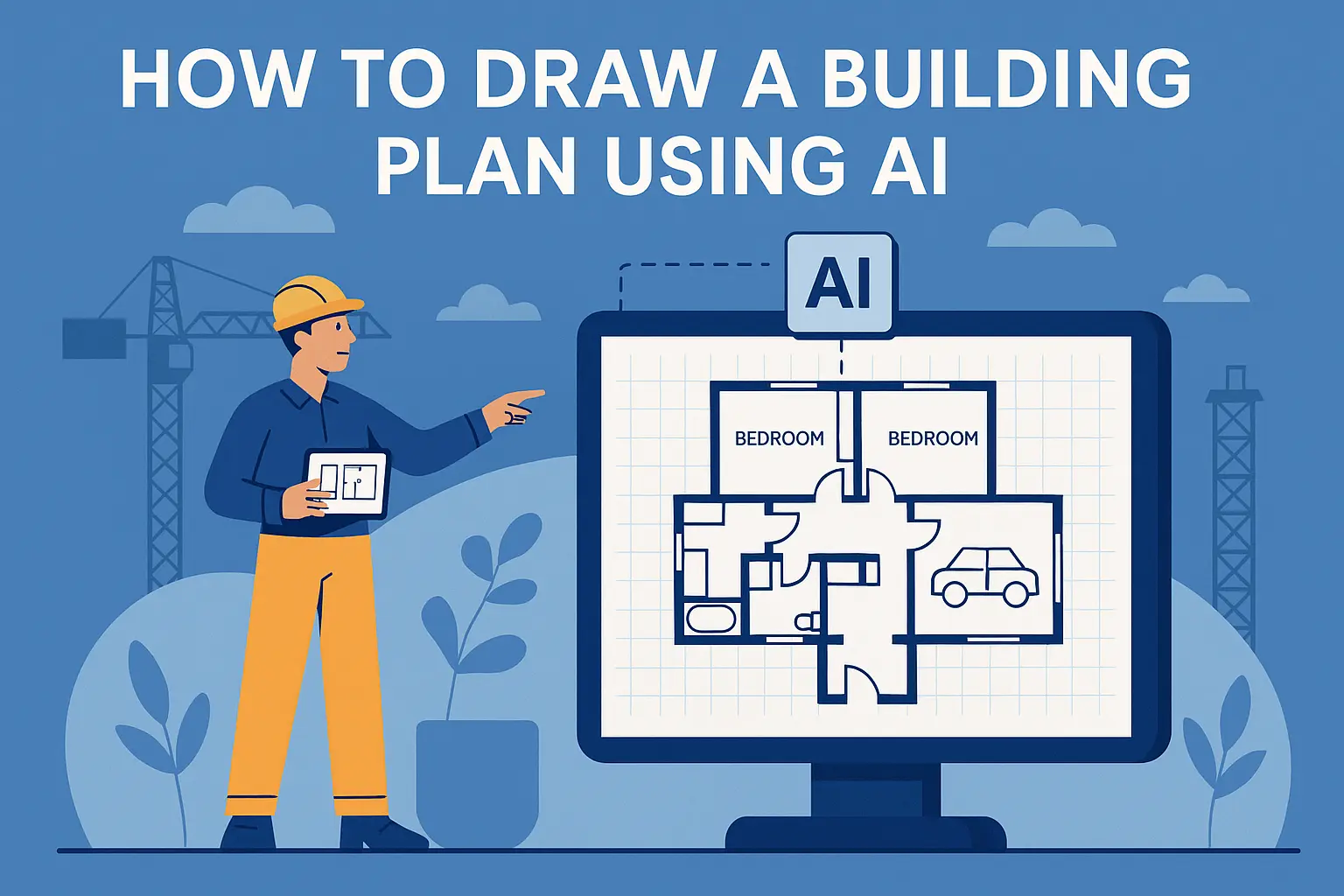

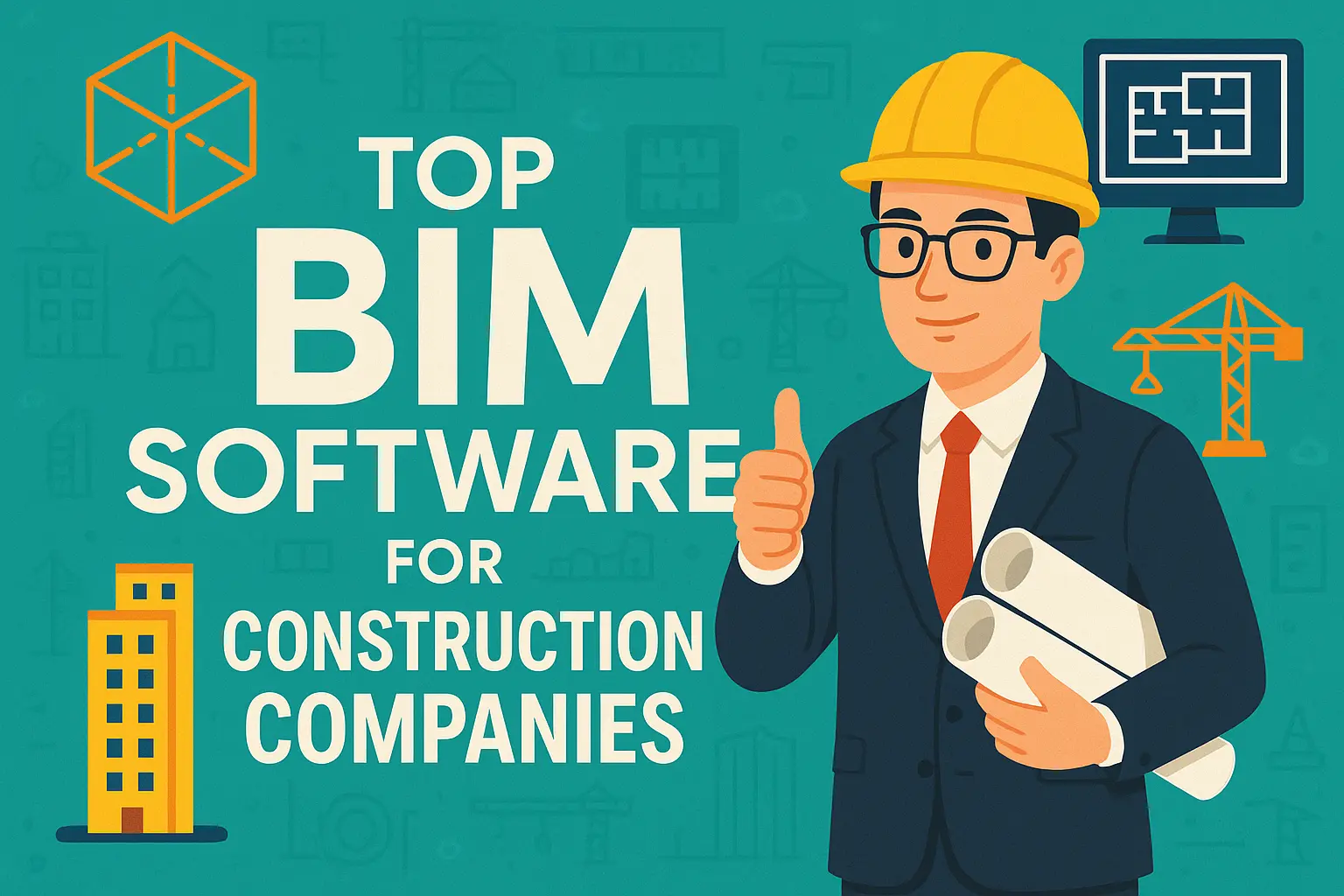

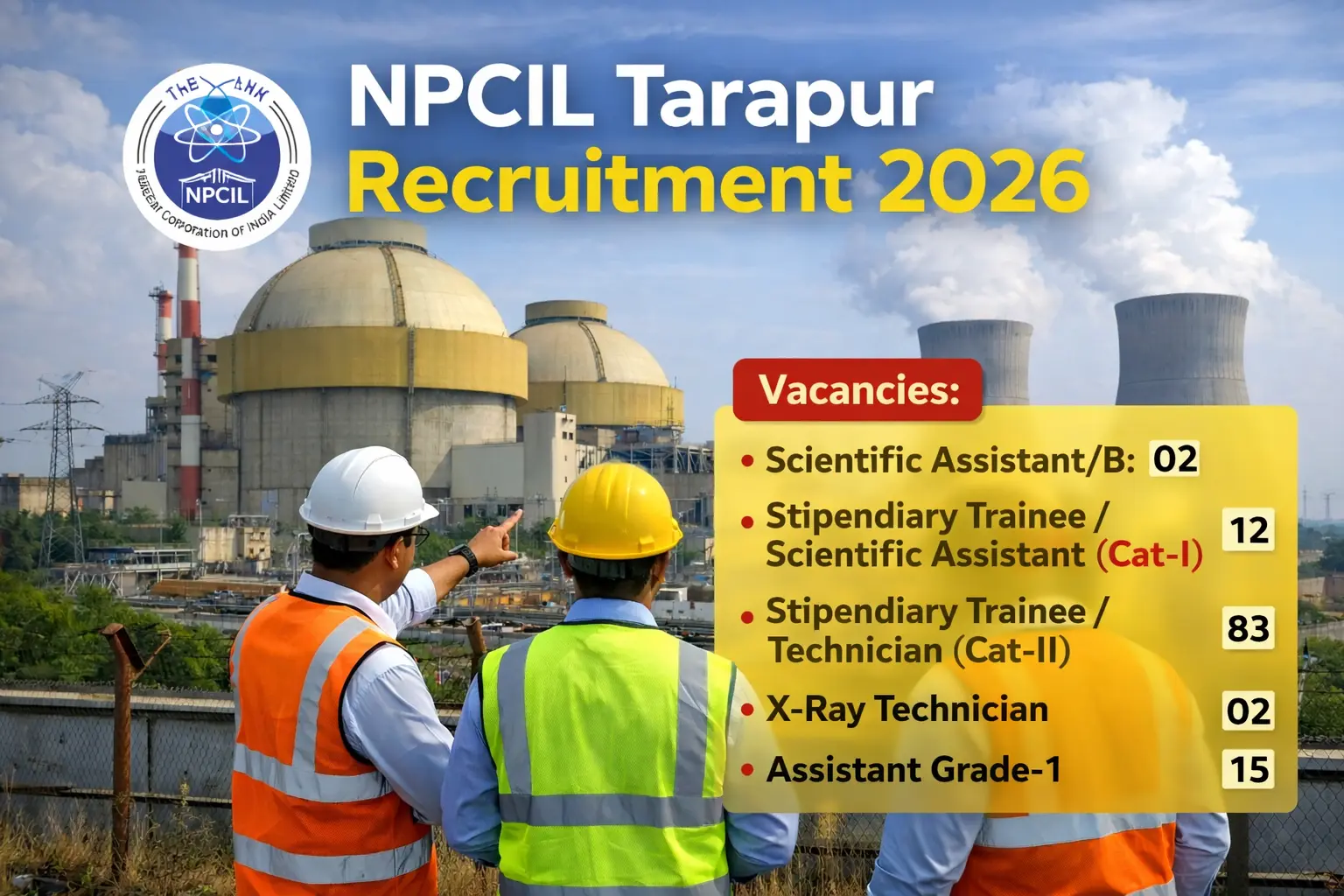
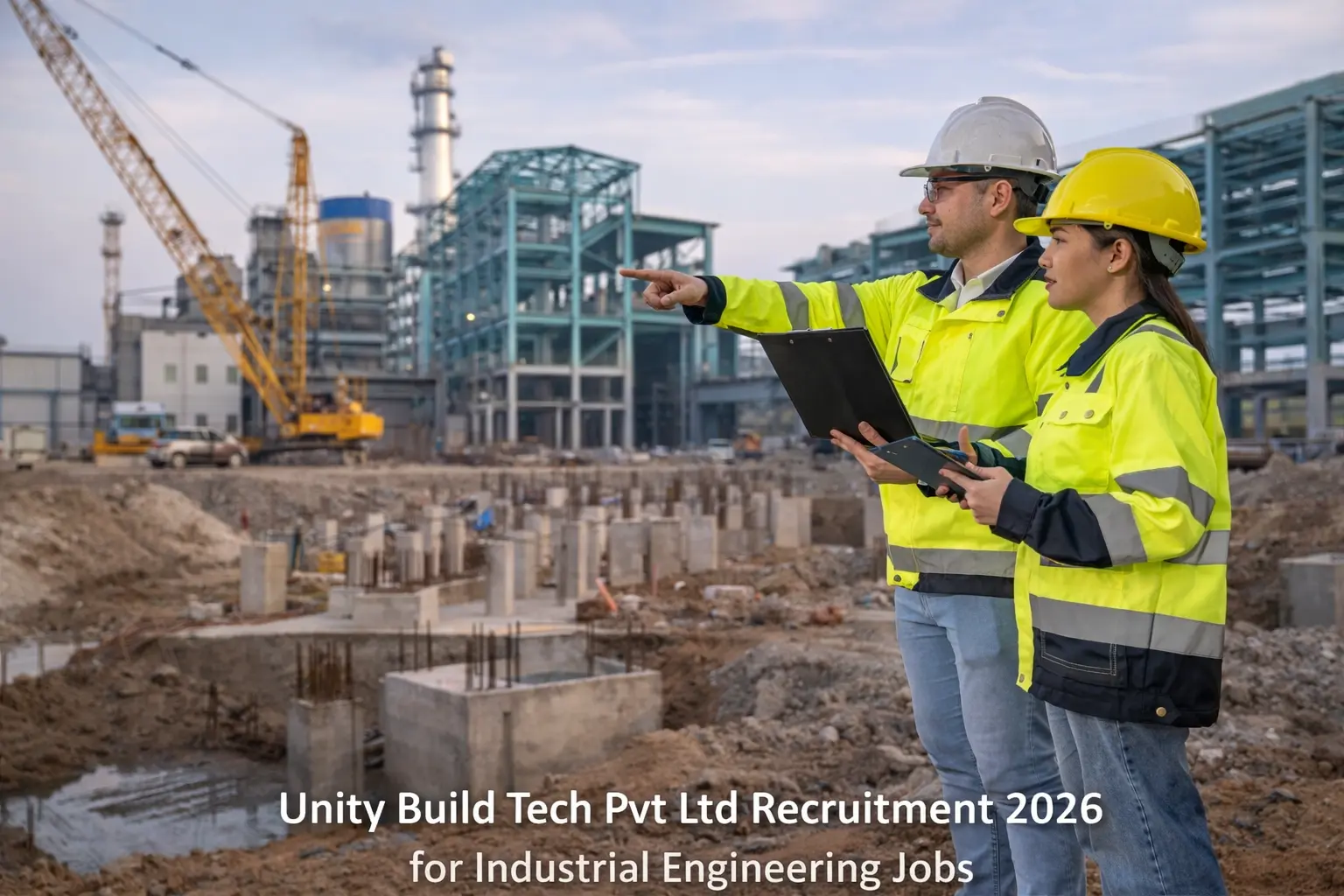

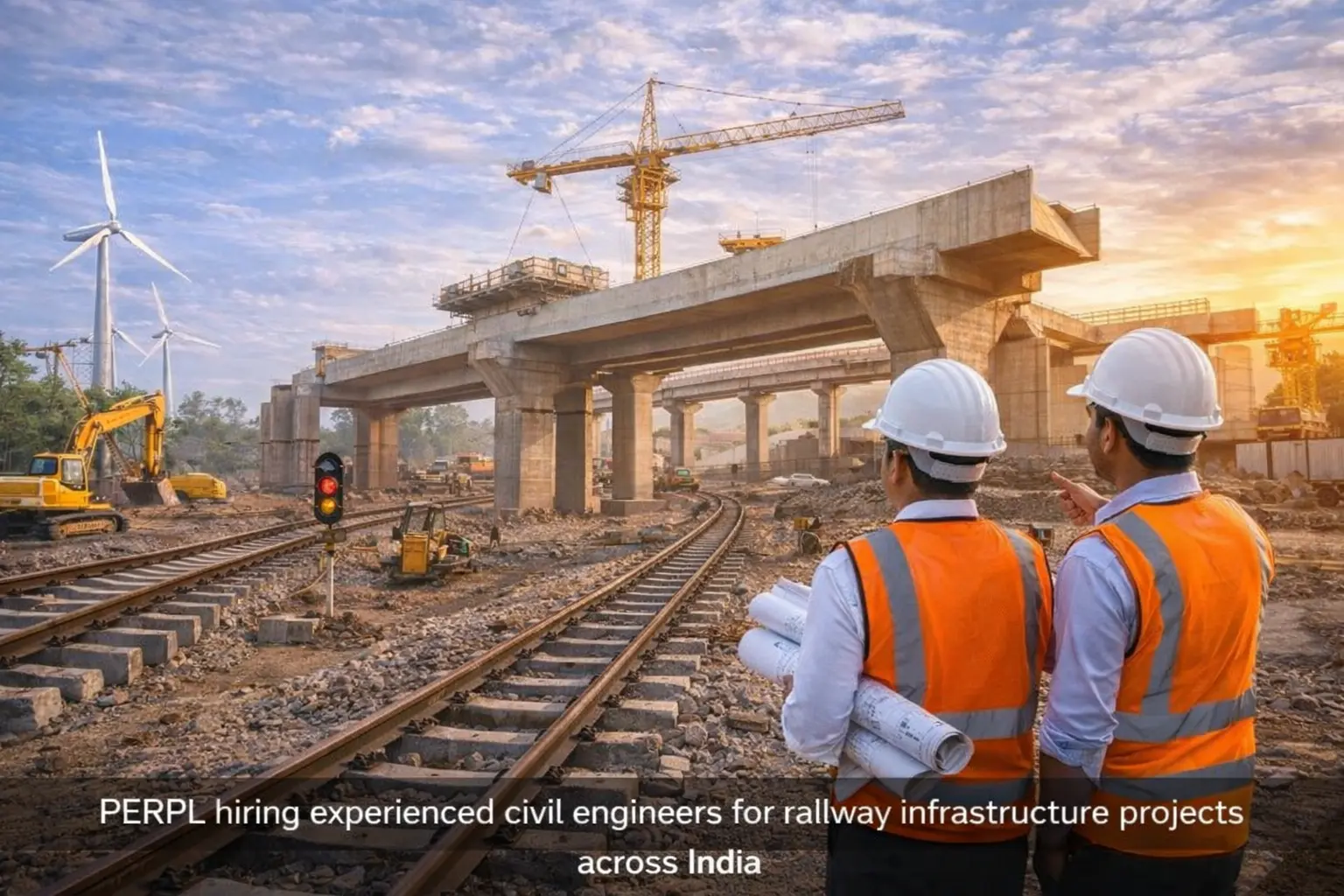


Thanks to civil Info Hub Group.
All oky but allways should follows GIS system for any Development work.